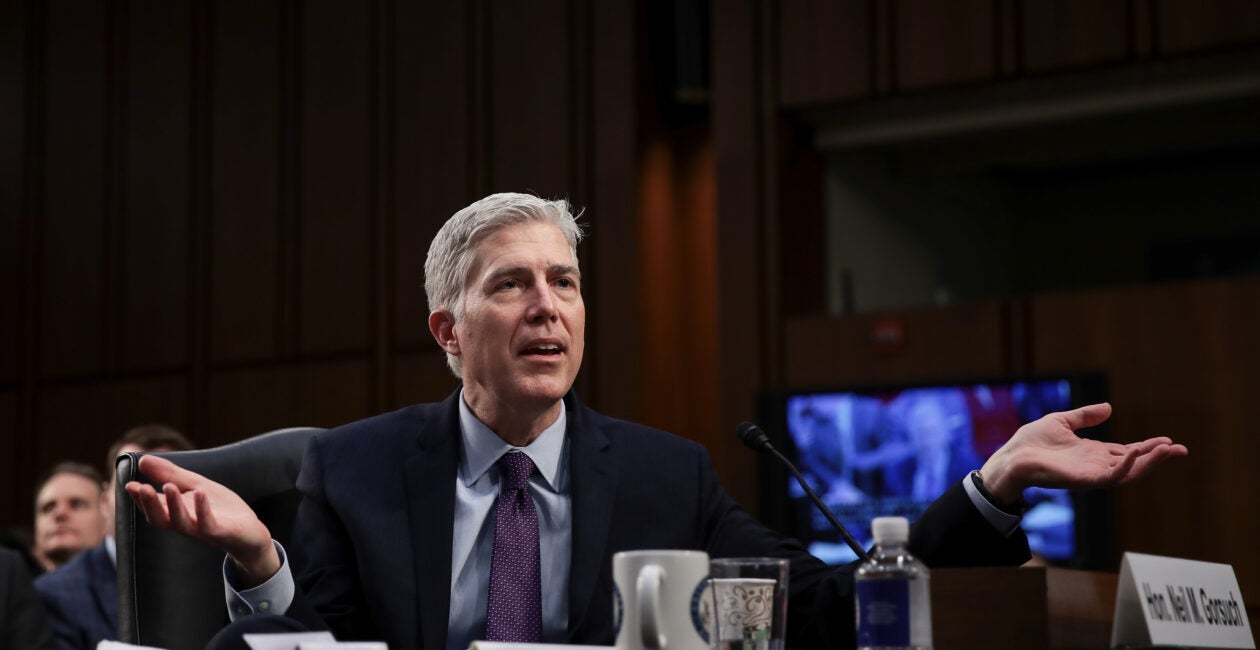US government has no answer to attack on pipeline
On May 7 the Colonial Pipeline, which stretches from Texas to New York and is the largest pipeline system for refined oil products in the United States, was hit by a ransomware attack that resulted in the shutdown of most of the 5,500-mile pipeline.
The company is operating some parts of the pipeline manually and has sought the help of private cyber investigators and the US government. Meanwhile, a huge segment of the US’ critical infrastructure is disabled and Washington does not seem to have any answers.
We do not know what the hackers demanded from Colonial Pipeline or even who the hackers are.
Ransomware in its most basic form attacks a cyber network by encrypting everything and demanding ransom before the encryption can be removed. In the case of the Colonial Pipeline, we know that along with encrypting all the computers in the Colonial Pipeline network, the perpetrators also stole a vast amount of company data. Read More
Supreme Court Punted on Protections for Religion in Workplace. Justice Gorsuch Wasn’t Having It.
https://www.dailysignal.com/
COMMENTARY BY
9 Things You Need to Know About Biden’s ‘Infrastructure’ Spending Plan
Fast on the heels of signing a bloated $1.9 trillion spending package, President Joe Biden has introduced yet another gigantic spending plan. While the administration’s messaging focuses on broadly popular themes such as “jobs” and “infrastructure,” the details of the plan show that it would be a destructive power grab for Washington.
Here are just some of the problems with the new spending proposal:
1. Dishonest advertising: Less than 5% of spending goes to roads and bridges.
The plan relies on the word “infrastructure” to seem moderate and uncontroversial. Yet, of the $2.25 trillion in total spending, between $90 billion and $100 billion (or less than 5%) would go toward traditional road infrastructure projects. Read More
America’s Top Cyberwarrior Warns of Growing Threats
Gen. Paul Nakasone, the commander of the U.S. military’s Cyber Command and the director of the National Security Agency, testified to the Senate Armed Services Committee last Thursday on the current state of Cyber Command and cybersecurity. His testimony provided some alarming news about the threats America faces.
Nakasone spoke of the increasing sophistication of hacks against the United States government and private sector companies from a range of adversaries. One of the best and most recent examples is the hack on SolarWinds, a top tier technology company that develops software for both government and private organizations.
The hack is believed to have been carried out by Russian hackers affiliated with the Russian military intelligence to spy on American companies and the U.S. government. Read More
2 Men on Terror Watchlist Caught Crossing Southern Border
Two men from Yemen were apprehended and found to be on the FBI’s terrorism watchlist after illegally crossing the southern border in January and March, Customs and Border Protection announced Monday.
CBP agents arrested the men near the Calexico Port of Entry in Southern California, according to the agency. Both of the men were encountered illegally entering the U.S. after dusk.
A 26-year-old Yemen national was apprehended at 11:30 p.m. on March 30 after illegally entering the U.S., according to CBP. Officials encountered the man around 2 miles from the Calexico Port of Entry and he was taken to the El Centro Processing Center for immigration and criminal history screening. Read More
Biden abandons friend in need in Saudi Arabia
The Biden administration has pulled three Patriot missile batteries out of Saudi Arabia and is ending the permanent stationing of an aircraft carrier in the region.
According to the government, the Patriots and the carrier are needed elsewhere but it has not said where or how urgently. These steps surely expose Saudi Arabia to great danger from the Houthis in Yemen and the Saudis’ principal adversary, Iran.
The Biden administration’s steps coincide with China’s signing a long-term strategic and economic deal with Iran. Read More
US air defenses fail again in Iraq
Rockets hit US base and airport in Erbil after defense systems failed to activate
The attack on the US military base at Erbil – in the Kurdistan region of Iraq – and the nearby Erbil airport illustrates once again that US defenses against rocket attacks are inadequate and, for the most part, don’t work.
As far as can be determined, Erbil was defended by a US Patriot air defense system and a C-RAM rapid fire gun system there to protect the Patriot.
There is no information to suggest that either system was activated when a number of rockets slammed into the base and airport. The US and Iraq say they can account for 14 rockets that hit the airport and base; the terrorist group allegedly responsible says 22 rockets were fired.
Last April the Defense Department confirmed it had deployed two Patriot batteries in Iraq – one at the Ain al-Asad Air Base and the other at the Erbil military base. Read More
Biden Should Build on Recent Foreign Policy Success
Shoshana Bryen • January 22, 2021
One of the “raps” on American foreign policy is that when presidents change, policy changes—and when the parties and power structures in Washington change, neither allies or adversaries have a good grasp of what’s coming next. This criticism is often right, of course, so it would be helpful for the Biden administration to consider retaining some worthwhile policies of its predecessor.
It’s not as if they can’t. On Inauguration Day, the State Department hosted a Twitter account for the “U.S. Ambassador to Israel, the West Bank and Gaza.” It didn’t last long. After a report by Adam Kredo at The Washington Free Beacon, the account restored its previous title. Read More
CIA Director Gina Haspel and the British Role in the Anti-Trump Plot
- In the next paragraph, [Washington Post reporter Shane] Harris notes breathlessly: “… Trump has accused the United Kingdom of conspiring with American intelligence to spy on his presidential campaign.”
- President Trump certainly has made that claim, and one believes for very good reasons that seem to compound weekly.
- Having the British run an aggressive intelligence collection operation against Team Trump targets, bypassing US legal prohibitions, and then laundering the intelligence “take” back to US officials via the UK-US liaison relationship is precisely something an “honorary UK desk officer” might be good and adept at accomplishing. Certainly, these subjects and questions deserve closer examination, without the phony prophylactic defense of grave warnings about “sources and methods.”
- CIA Director Gina Haspel can answer all of those questions, and she does not even have to touch upon classified information to do so. The American public is due her answers.
We have raised and discussed serious matters of fact and questions about the role of CIA Director Gina Haspel in the Anti-Trump conspiracy. It appears Haspel (while serving as London Chief of Station from 2014 to early 2017) was an active, knowledgeable party to the efforts to target candidate Trump with an FBI-instigated foreign counterintelligence operation. That seditious conspiracy carried forward to a more sophisticated and aggressive plan to carry out a soft coup against President Donald J. Trump. Read More


